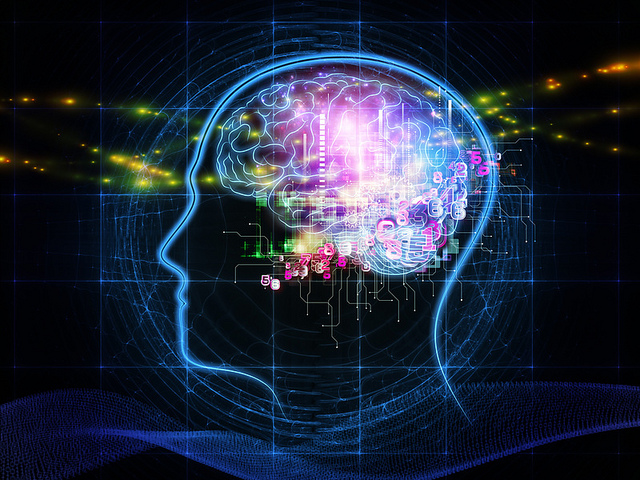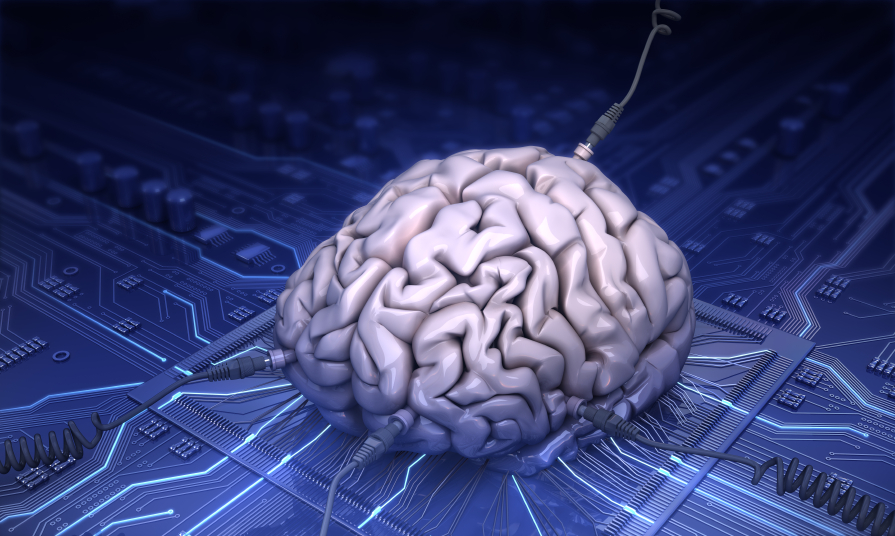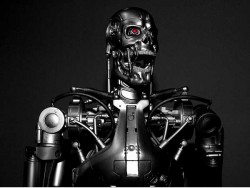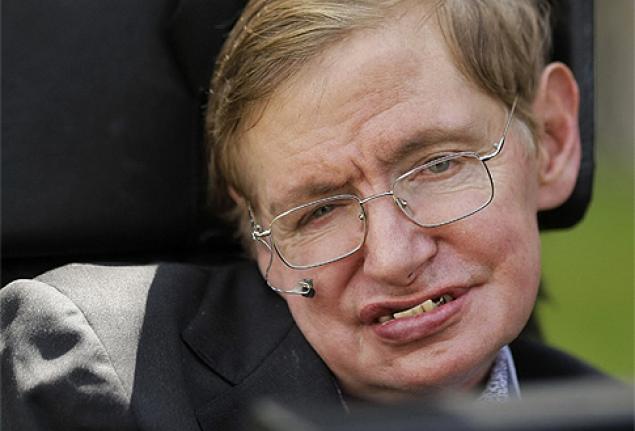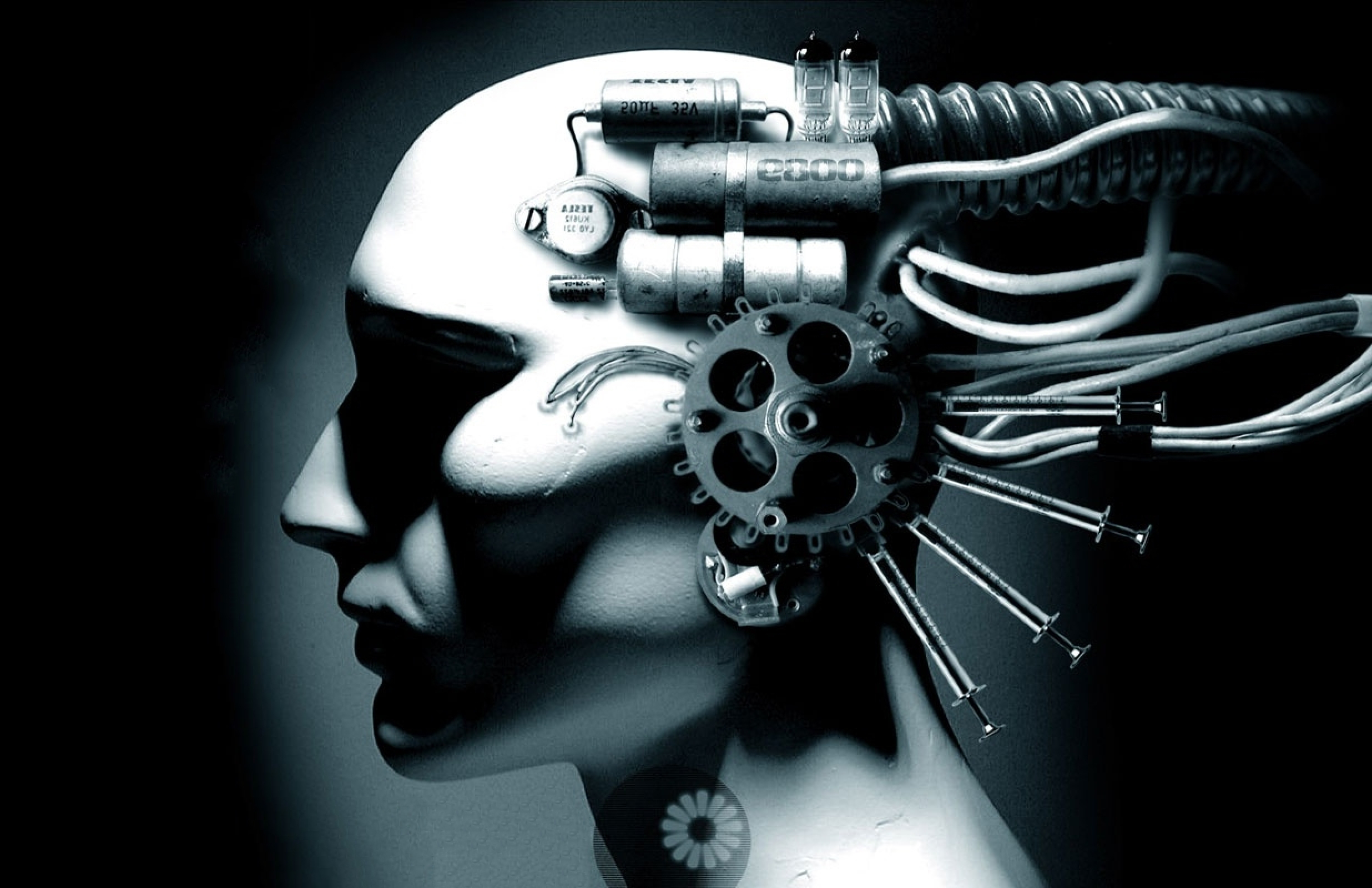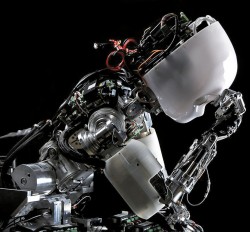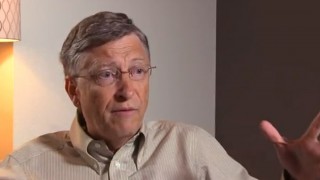
Bill Gates has joined Elon Musk and Stephen Hawking in expressing grave concerns about artificial intelligence, also known as AI. Gates is lending his voice to the worries over the future of robotic intelligence, and that means that three of the world’s most brilliant minds have now gone on record as stating that AI poses many potential problems, up to and including human extinction. Gates stated that he does not understand how some people can be so relaxed about the future in the face of the threats posed by AI.
Gates expressed his concerns and urged other people working in the field to pay attention to the growing issues surrounding AI, writing:
I am in the camp that is concerned about super intelligence. First the machines will do a lot of jobs for us and not be super intelligent. That should be positive if we manage it well. A few decades after that though the intelligence is strong enough to be a concern. I agree with Elon Musk and some others on this and don’t understand why some people are not concerned.
By Bill Gates joining with Musk in his opinion, Gates is conceding that it is possible that AI could be, as Musk has stated, “more dangerous than nukes” and that humans are potentially “summoning the demon” in building intelligent machines. Musk has said that a Terminator like scenario could be more than possible in the future. Machines and robots could rise up and try to kill all human beings the machines perceive as being in the way.
Musk has spoken extensively about the dangers of artificial intelligence and he recently released a list of guidelines that technology leaders should follow if they want to avoid contributing to the downfall of the human race. Those guidelines included having strong ethics in place that would allow humans to always be able to turn off the machines no matter what.
Stephen Hawking has also stated his grave concerns over AI on numerous occasions. He has previously suggested that as we journey toward the singularity, we have no way of knowing whether the robots will be benign or not. The singularity is generally known as a moment in time when machines become self aware, billions of time smarter than humans, and would be able to self-replicate without the need for human intervention. “It would take off on its own, and re-design itself at an ever increasing rate,” Hawking says. “Humans, who are limited by slow biological evolution, couldn’t compete, and would be superseded.”
While Musk, Hawking and Gates may sound as though they are speaking about science fiction fantasies, their words are anything but. Some of the biggest power players in Silicon Valley are feverishly working toward the day when AI will indeed supersede human intelligence. One example of this is a man named Ray Kurzweil, a prominent futurist who has even started a university that is dedicated to bringing the singularity to fruition.
Kurzweil is working toward a future in which biological humans do not exist anymore, and in our places, there would be human/machine hybrids: human minds housed in the bodies of machines. What is more, Kurzweil is also working toward making AI that become billions of times smarter than humans. That AI would potentially have dominion over humans and even the human/machine hybrids.
But if Kurzweil sounds like he might be a guy who lives in his mom’s basement and plays too many video games, think again. He is the Chief Engineer at Google; a man with a lot of power in the technology field.
People like Kurweil and his ilk are called transhumanists. They seek to end the biological human race as we know it. Kurzweil has written numerous books on the subject, and he has suggested that machines should have rights. In fact, many transhumanists disagree with Musk in believing that biological humans should always be able to turn off machines. Many futurists feel that once the singularity happens, machines will be autonomous and as such would be entitled to a full spectrum of liberties.
Since there is so much dissent over whether or not human beings should remain in control of machines, the grave concerns over AI expressed by Bill Gates, Stephen Hawking and Elon Musk have become even more significant in the conversation about where we want to go as a species and how we want to interact with robots. Gates has now lent his voice to the discussion and he falls firmly in the camp that believes we need to proceed with an abundance of caution.
Photo credit: conectica.com.mx











